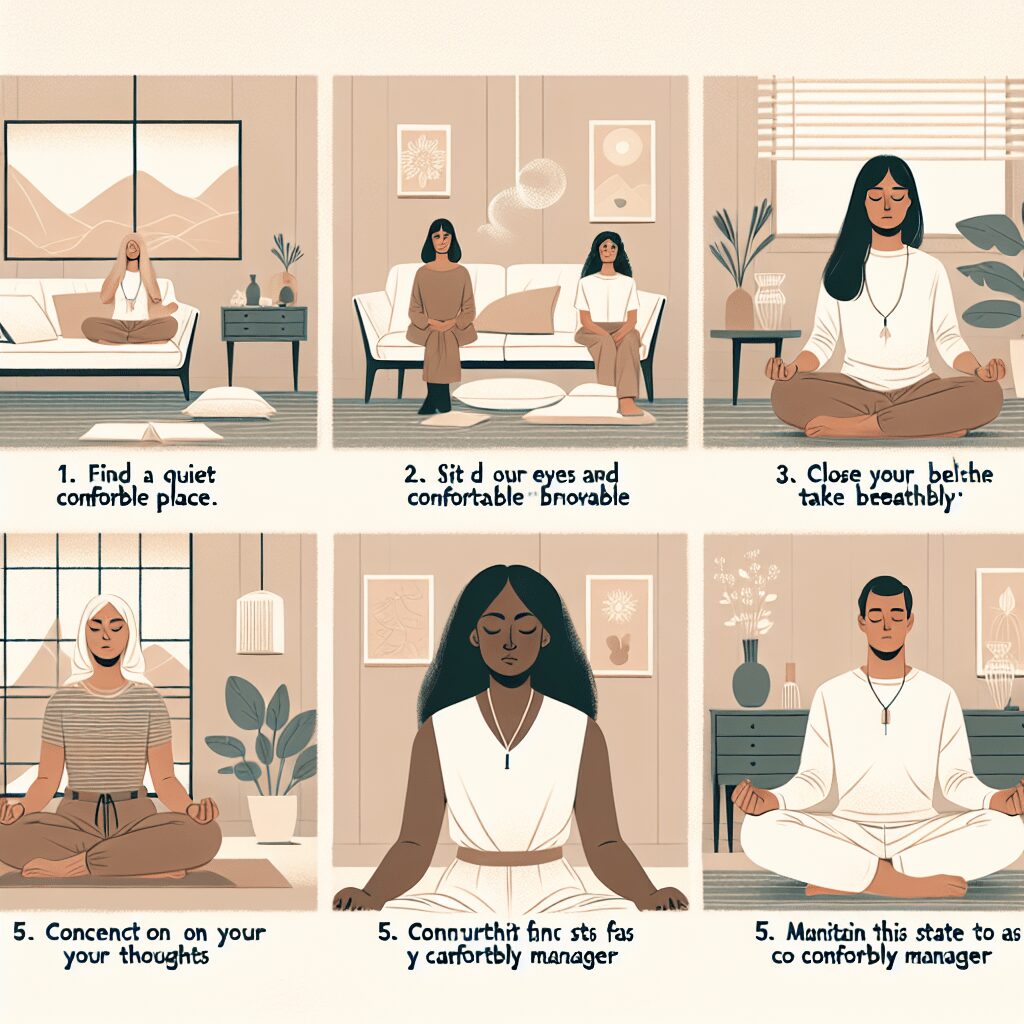
Prioritize your mental well-being daily. Enhance your life by nurturing your mental health with the Smart Meditation app. Break free from stress, alleviate anxiety, and enhance your sleep quality starting today.
Is Dbt Good For Anxiety?
DBT: A Lifeline for Managing Anxiety
Let’s cut to the chase – anxiety is like that uninvited guest at your peace-of-mind party, turning what should be a serene soiree into a high-strung hurricane. So, what’s a soul to do when the anxious waves start crashing? Enter Dialectical Behavior Therapy (DBT), a beacon of hope for many navigating the stormy seas of anxiety. Could it be your emotional life raft? Let’s dive in.
The ABCs of DBT
First things first, a brief 101. Developed in the late 1980s by psychologist Marsha M. Linehan, DBT was initially tailored for individuals with borderline personality disorder (BPD). However, it didn’t take long for the therapy to show its versatility, proving itself as a powerhouse in treating a range of mental health conditions, including, you guessed it, anxiety.
DBT is a cognitive-behavioral therapy (CBT) offshoot, but with a twist – it combines CBT’s structured approach to problem-solving with concepts of mindfulness and acceptance derived from Buddhist traditions. Imagine a blend of analyzing your thought patterns, learning to chill in the moment, and accepting the occasional mental storm clouds as they come. Sounds pretty handy, right?
Tackling Anxiety, DBT Style
So, how does DBT rise to the challenge of tackling anxiety? Oh, let me count the ways:
-
Mindfulness: DBT kicks off with a biggie – mindfulness. It’s all about living in the moment, observing and accepting your feelings without judgment. Instead of letting anxiety drive the bus, mindfulness hands you back the wheel.
-
Distress Tolerance: Then there’s the art of keeping your cool when the going gets tough. DBT arms you with an arsenal of techniques to weather emotional tempests without adding fuel to the fire. Think of it as emotional storm-proofing.
-
Emotion Regulation: Anxiety often means emotion overload. DBT teaches you to identify and manage these intensities without letting them hijack your life. It’s like having an emotional thermostat – knowing when to dial down the heat.
-
Interpersonal Effectiveness: Anxiety doesn’t operate in a vacuum; it loves to tango with your social life. DBT helps improve communication skills, set healthy boundaries, and assert your needs, all while maintaining self-respect. It ensures your relationships aren’t collateral damage in your battle with anxiety.
Is DBT the Right Fit for You?
Now, for the million-dollar question: Is DBT a good fit for those grappling with anxiety? The verdict seems promising. Research underscores its efficacy not just for BPD but for a spectrum of anxiety disorders, from generalized anxiety disorder (GAD) to PTSD. That said, it’s not a one-size-fits-all. Much like any therapeutic approach, the effectiveness of DBT hinges on factors like the individual’s specific struggles, their commitment to the process, and the skill of the therapist.
Wrapping It Up with a Bow
To circle back to our original quandary, can DBT be good for anxiety? The answer leans heavily towards yes. It’s like having a Swiss Army knife for your mental health – versatile, practical, and surprisingly effective. But remember, embarking on the journey of therapy is a profoundly personal choice. If you’re considering DBT, it’s worth chatting with a mental health professional to see if it’s the best path for you.
In the grand scheme of things, whether you’re wading through the waters of anxiety or paddling against a stronger current, know that options like DBT offer a beacon of hope. After all, every soul deserves to navigate their way to calmer shores.





